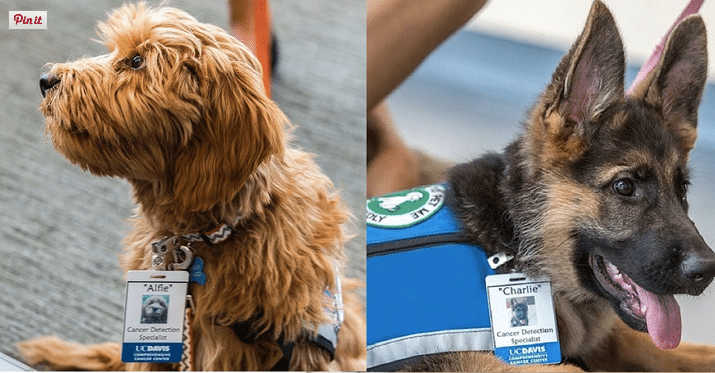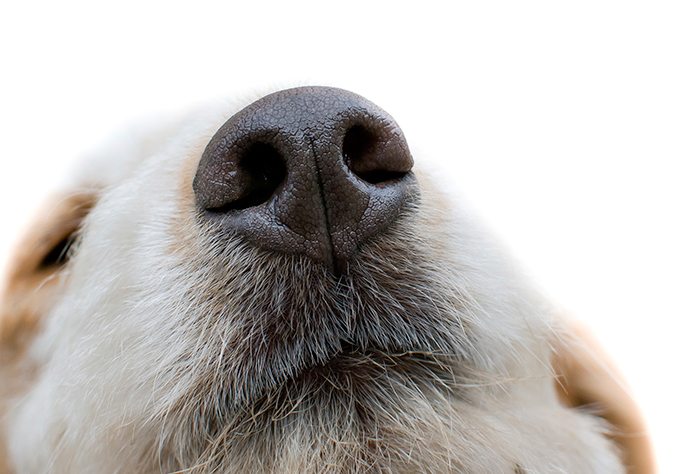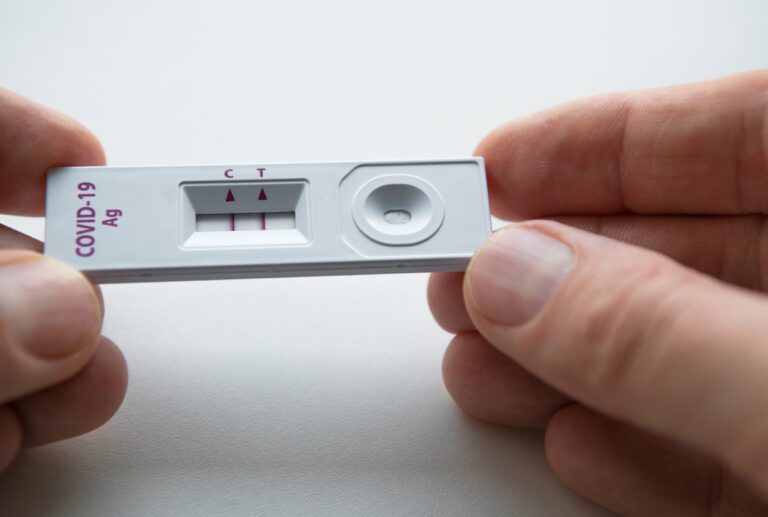A team composed of multi-disciplinary veterinarians, physicians and animal experts from the University of California, Davis, have joined forces to train the next generation of medical students, only these students have four legs and a keen sense of smell.
Alfie, a labradoodle and Charlie, a German shepherd, will take part in a training program that will hone their ability to recognise the scent of cancer present in saliva, urine and even human breath.
Have you seen Alfie and Charlie yet? These dogs will be sniffing out cancer at @UCD_Cancer! http://t.co/P1T9CzlNW5 pic.twitter.com/DMRUQo0JsF
— UC Davis (@ucdavis) August 24, 2015
This incredible innovation is made possible by their highly sensitive olfactory receptors – all 220 million of them. Compared to humans, who have 5 million, this incredible sensitivity to scent means that they can detect smells 10,000 – 100,000 times better than than us humans.
Lead dog expert, Dina Zaphiris, will be heading the team, training Alfie and Charlie over the next 12 months the same way she has trained dozens of canines before them.
Their training will allow them to not only recognise the scent of cancer, but block out any surrounding distractions that may take place.
Once their training is complete they will begin work with UC as part of a clinical trial to test the effectiveness of canines in cancer research.
According to Peter Belafsky, professor and physician at UC Davis, dogs like Charlie and Alfie could save countless lives if they are able to detect cancer at an early stage.
The dogs are being trained to detect a specific molecular compound when they identify the cancer. Whilst researchers are still unaware of exactly that it is the dogs are smelling, they will hopefully be able to use the results of this trial to reverse-engineer a test or tool, to assist in early detection.
“Despite all the advances of modern medicine, we still can’t reliably detect many types of cancers in their early stages” said Belafsky. “Our new canine colleagues represent a unique weapon in the battle against cancer… the dogs’ incredible talent for scent detection could offer us humans a real jump on diagnosing cancer much earlier and thus save many more lives.”








